Stefan Hedlund: “Russia Reverts to Muscovy: What if We Drop “Russia” from the Discourse?”
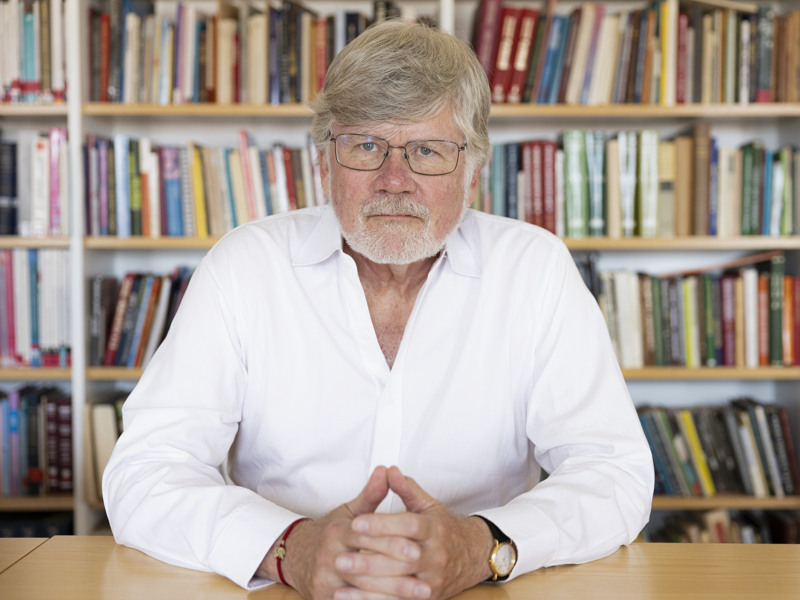 Time: 18th March, 15.15 – 17.00
Time: 18th March, 15.15 – 17.00
Place: NI:C0315 or online: https://mau-se.zoom.us/j/66754621955
Abstract
The presentation expands on three of the main themes of the book Russia Reverts to Muscovy: What if We drop “Russia” from the Discourse?, all of which converge in an argument that we should stop talking about “Russia” and revert to the old name for northeastern Rus, which is “Muscovy.” The first is that so much of the territory of the former Russian Empire has now been lost that it is only logical to refer to the remnants as Muscovy. The second is that the present-day Russian Federation has reverted almost fully to the institutional order that marked old Muscovy, thus adding to the relevance of using that name, and the third is that continued use of the name “Russia” implies acceptance of the Muscovite claim to a sphere of interest that includes Ukraine.
If the present-day Muscovites want to call themselves “Russians” then that is of course their prerogative, much as others have a right to refer to themselves as Ukrainians or Belarusians. Where it goes unacceptably wrong is when it is claimed that all Eastern Slavs are “Russians,” and that those “Russians” must not only accept this distinction but also submit to being ruled from Moscow.
Stefan Hedlund is Professor Emeritus of Soviet and East European Studies at IRES, Uppsala University. He has published more than two dozen books, mainly but not exclusively on themes relating to Russian developments, and he has published more than a hundred articles on similar themes, in various forms and shapes. His works have been published in Russian and Chinese, and he has been a frequent commentator in various media across a number of countries. His most recent book, Russia Reverts to Muscovy: What if We drop “Russia” from the Discourse? (Routledge, 2025), is the latest instalment in a series of books on institutional developments in Russia and Ukraine, the previous volume being Ukraine, Russia and The West: When Value Promotion met Hard Power (Routledge, 2023).



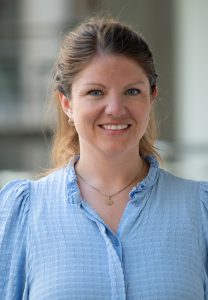
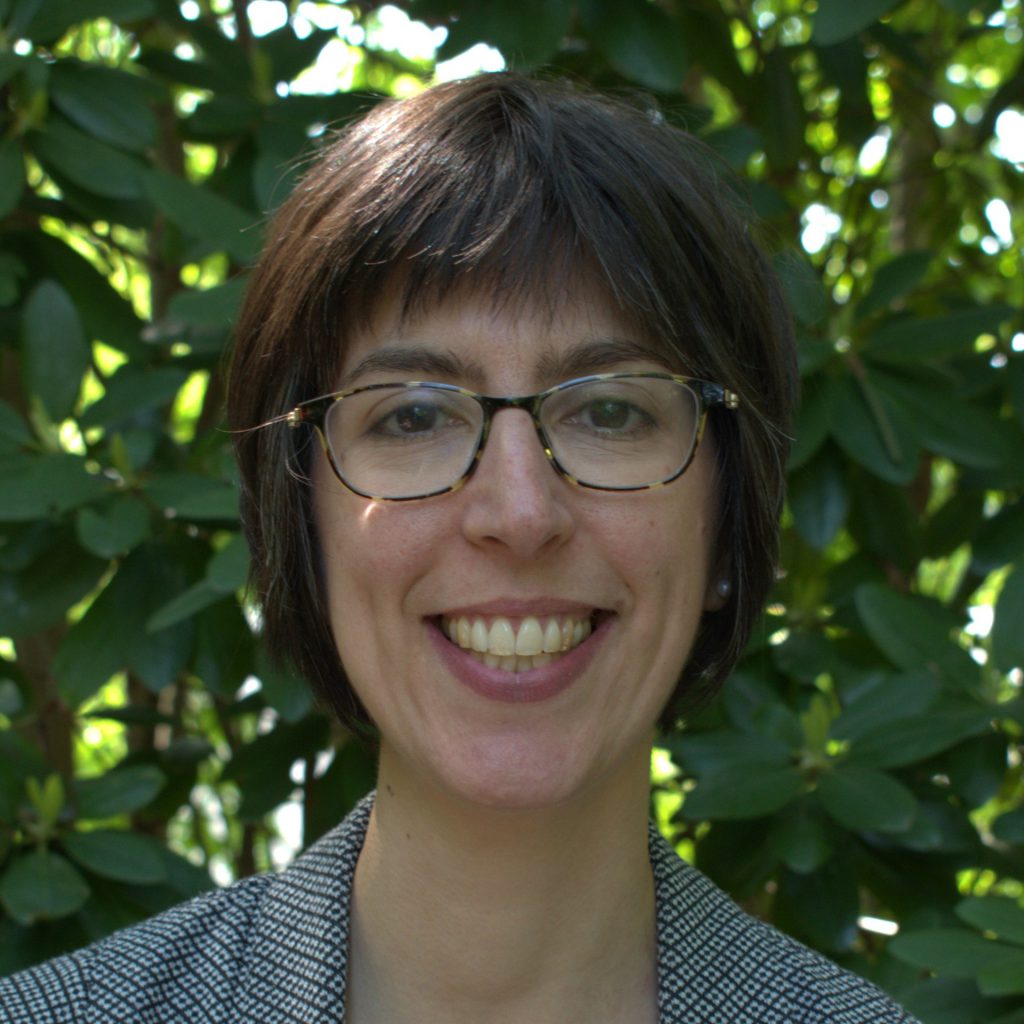 Dr. Leila Wilmers is a Regional Scholar at Cornell University’s Einaudi Center for International Studies and teaches in Cornell’s Department of Sociology. She has a background in peacebuilding work in the non-profit sector and holds a PhD in human geography from Loughborough University, UK. Her research concerns nationalism in the contemporary world, and particularly experiences of nationhood and the processes and conditions of bottom-up engagement with nationalist ideology and politics. Her research and teaching crosses the disciplines of sociology and human geography and her regional expertise is in the post-Soviet space. Her work has been published in the journals Europe-Asia Studies, Ethnic and Racial Studies, Nationalities Papers, and Ethnicities.
Dr. Leila Wilmers is a Regional Scholar at Cornell University’s Einaudi Center for International Studies and teaches in Cornell’s Department of Sociology. She has a background in peacebuilding work in the non-profit sector and holds a PhD in human geography from Loughborough University, UK. Her research concerns nationalism in the contemporary world, and particularly experiences of nationhood and the processes and conditions of bottom-up engagement with nationalist ideology and politics. Her research and teaching crosses the disciplines of sociology and human geography and her regional expertise is in the post-Soviet space. Her work has been published in the journals Europe-Asia Studies, Ethnic and Racial Studies, Nationalities Papers, and Ethnicities.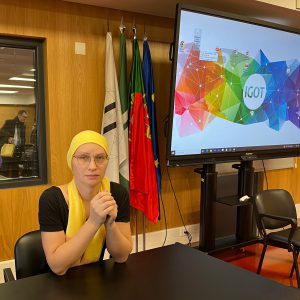
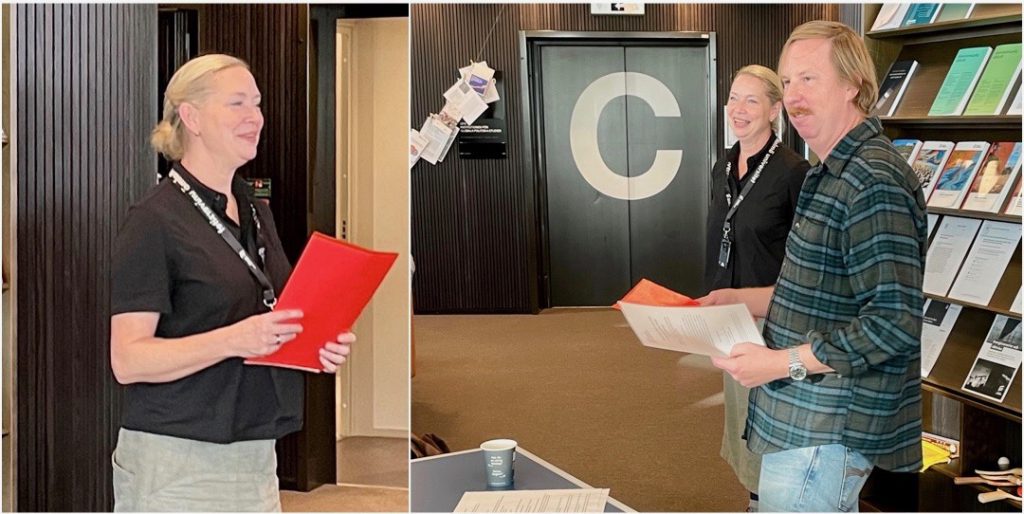
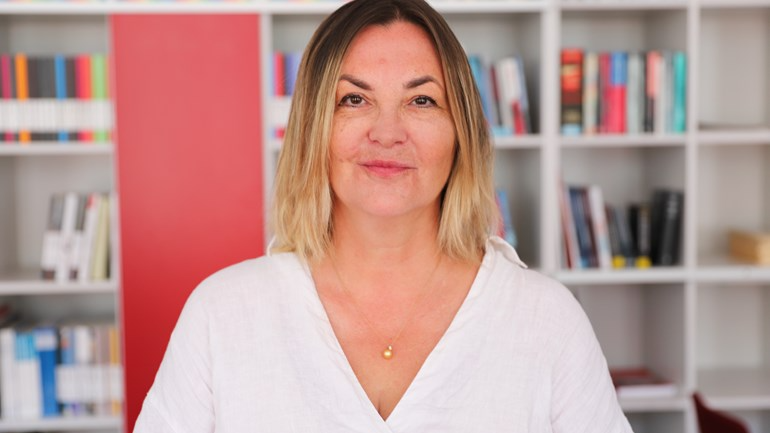 Professor Irina
Professor Irina 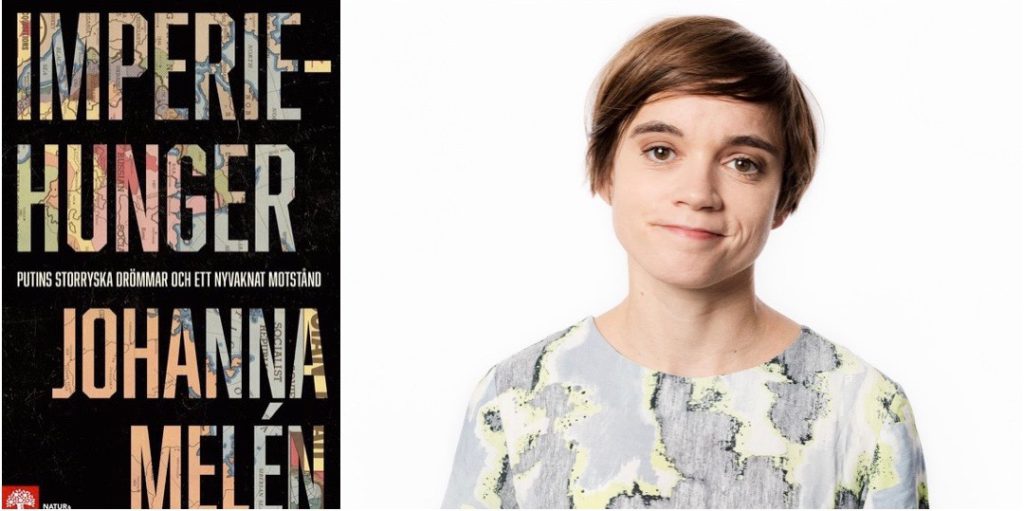
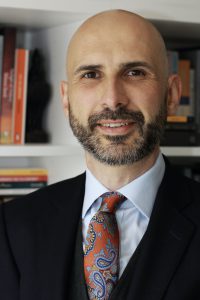 Branislav Radeljić is Professor of International Relations in the Department of Government and Society, United Arab Emirates University. In addition, he serves as Visiting Professor of European Politics at Nebrija University. His scholarly interests focus on European and Middle Eastern political and socioeconomic developments.
Branislav Radeljić is Professor of International Relations in the Department of Government and Society, United Arab Emirates University. In addition, he serves as Visiting Professor of European Politics at Nebrija University. His scholarly interests focus on European and Middle Eastern political and socioeconomic developments. 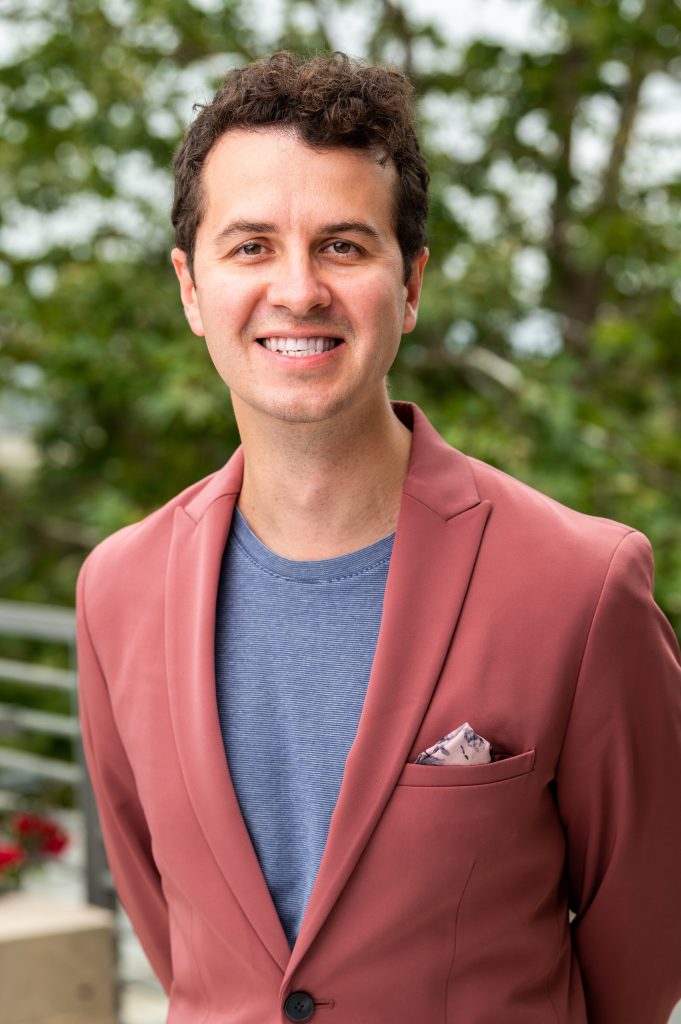 RUCARR seminar with Dr. Vladimir Hamed-Troyansky, Ass. Prof. of Global Studies at the University of California, Santa Barbara:
RUCARR seminar with Dr. Vladimir Hamed-Troyansky, Ass. Prof. of Global Studies at the University of California, Santa Barbara: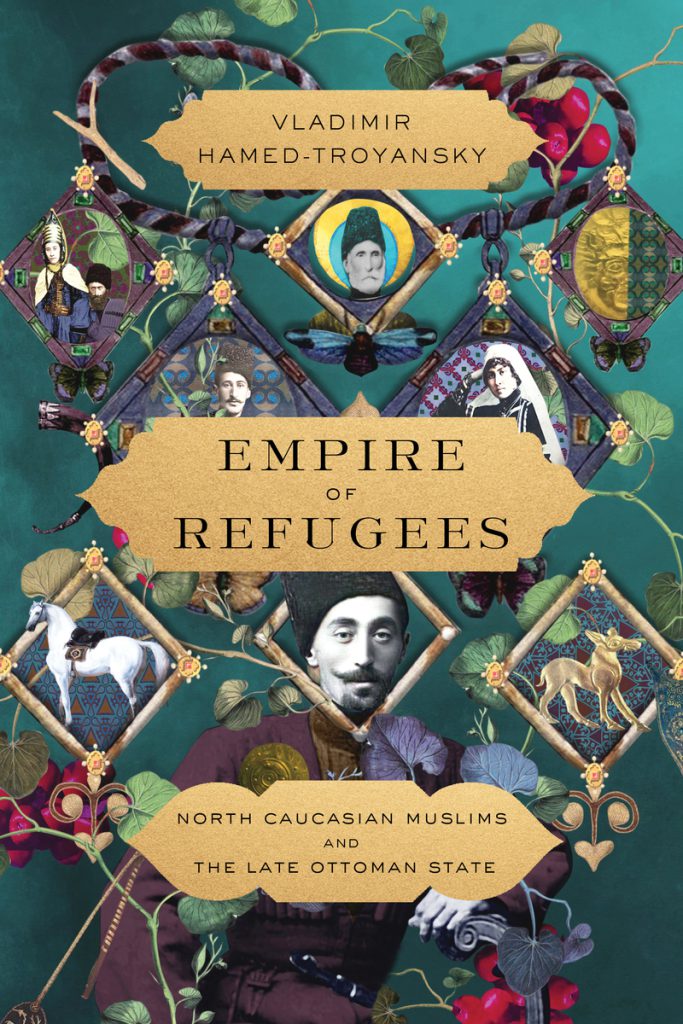 Dr. Vladimir Hamed-Troyansky is a historian of global migration and forced displacement and Assistant Professor of Global Studies at the University of California, Santa Barbara. His research examines Muslim refugee migration and its role in shaping the modern world. He is the author of Empire of Refugees: North Caucasian Muslims and the Late Ottoman State (Stanford University Press, 2024). His articles appeared in Past & Present, Comparative Studies in Society and History, International Journal of Middle East Studies, Slavic Review, and Kritika. He received a Ph.D. in History from Stanford University and served as a postdoctoral fellow at Columbia University.
Dr. Vladimir Hamed-Troyansky is a historian of global migration and forced displacement and Assistant Professor of Global Studies at the University of California, Santa Barbara. His research examines Muslim refugee migration and its role in shaping the modern world. He is the author of Empire of Refugees: North Caucasian Muslims and the Late Ottoman State (Stanford University Press, 2024). His articles appeared in Past & Present, Comparative Studies in Society and History, International Journal of Middle East Studies, Slavic Review, and Kritika. He received a Ph.D. in History from Stanford University and served as a postdoctoral fellow at Columbia University.